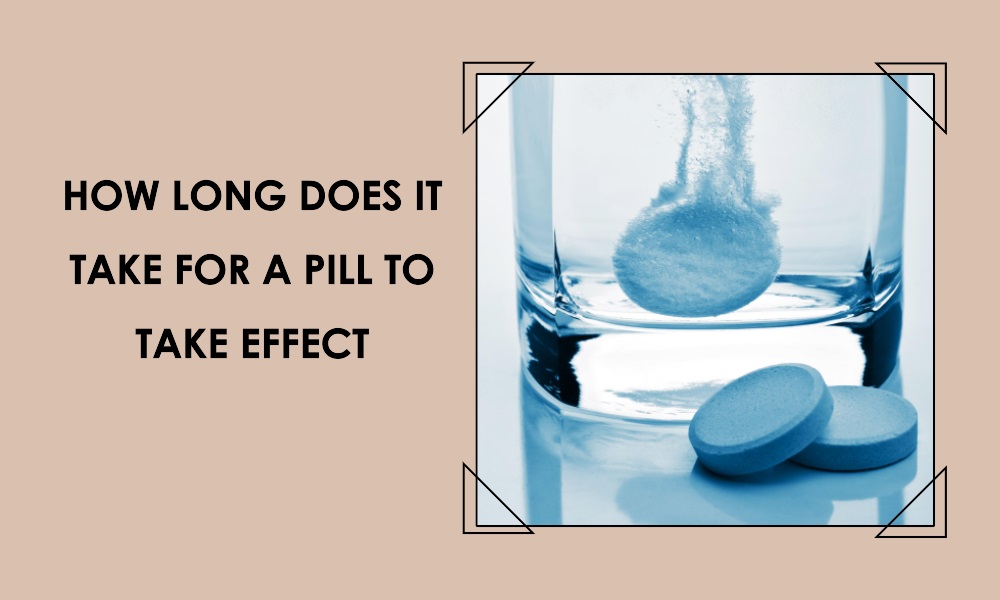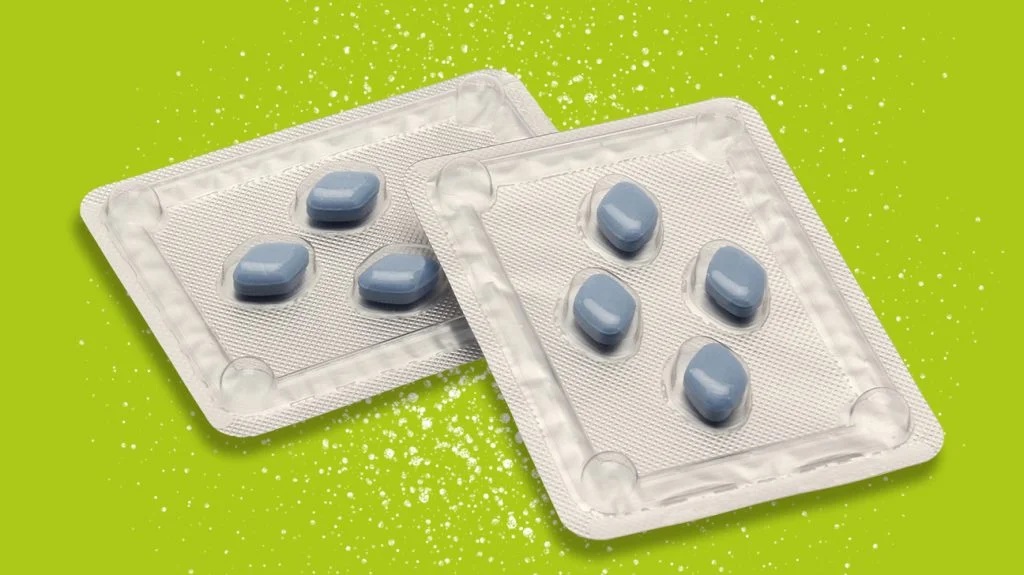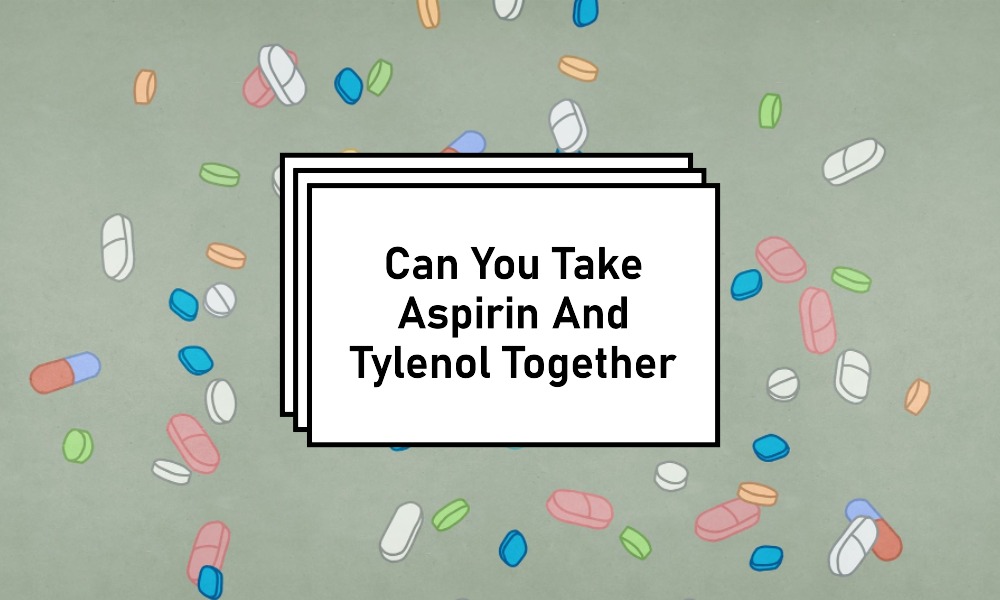One of the most common questions posed by patients is, “How long will it take for this pill to work?” While it might seem straightforward, the answer varies based on several factors. This article will navigate the intricate process of pill absorption and factors determining its onset of action.
The Journey of a Pill
To comprehend the timeframe, it’s essential to understand the path a pill takes once ingested.
1. Swallowing: The journey begins when you swallow the pill, which travels down the esophagus into the stomach. 2. Stomach: Here, the pill dissolves, aided by stomach acids. 3. Small Intestine: The dissolved medicine is then absorbed into the bloodstream through the small intestine. 4. Systemic Circulation: Once in the bloodstream, the drug circulates throughout the body and reaches its target, be it the brain, heart, or any other organ.
Key Factors Influencing Pill Efficacy
Several factors determine how long it takes for a pill to work:
1. Dosage Form: Liquid forms tend to work faster than tablets or capsules. Extended-release formulations release the drug slowly over time, delaying the onset of action. 2. Absorption: Some drugs get absorbed faster than others. 3. Metabolism: How quickly a drug is metabolized can impact its onset and duration of action. 4. Route of Administration: While most pills are oral, some might be sublingual (placed under the tongue) or buccal (placed between the cheek and gum), which can have quicker absorption rates.
Average Time Frames
Though it varies widely, here are some general timelines:
- Pain relievers: Over-the-counter pain relievers like ibuprofen or acetaminophen usually take effect within 20-30 minutes.
- Antibiotics: These might take 1-2 hours to start working, but symptom relief might take longer, depending on the infection.
- Antidepressants: They often require several weeks to achieve their full effect.
When Does Peak Concentration Occur?
Most drugs have a “peak concentration time,” which is when the highest level of the medication is in the bloodstream. This doesn’t always equate to peak efficacy, but it’s a factor healthcare providers consider when dosing medications.
FAQs
Q: Does food affect how quickly a pill works? A: Yes, food can slow the absorption of some drugs, while others might need food to prevent stomach upset.
Q: Why isn’t my pill working even after the average time has passed? A: Individual metabolism, other medications, or specific conditions can affect how your body processes a drug. Always consult with a healthcare provider about concerns.
Q: Can I take a second dose if the first one doesn’t work quickly? A: It’s essential not to take more than the recommended dose unless directed by a professional. Overdosing can lead to serious complications.
Q: How do I know the exact time frame for my specific medication? A: The best source is your pharmacist or prescribing physician. They can offer tailored advice on what to expect.
In Conclusion
The time it takes for a pill to take effect is a dance of biology, chemistry, and physiology. While there are general guidelines, individual factors play a significant role. When in doubt or if experiencing unusual symptoms, always reach out to a healthcare professional for guidance.











